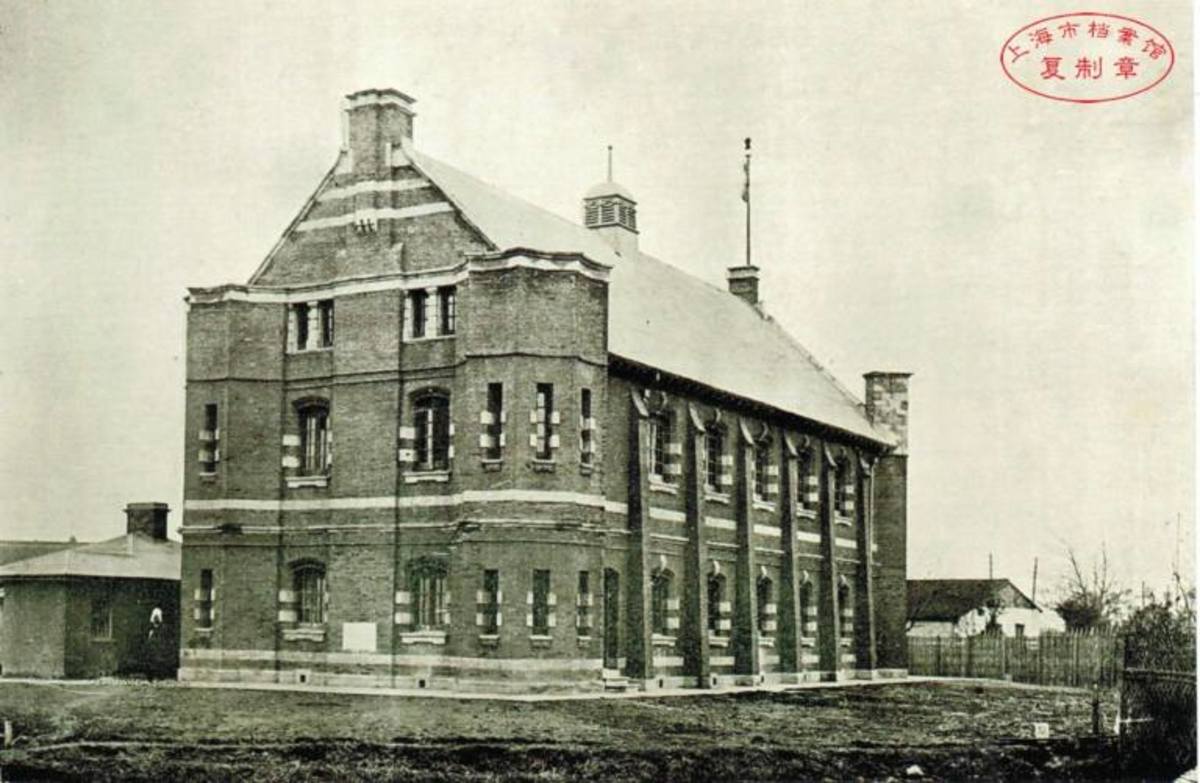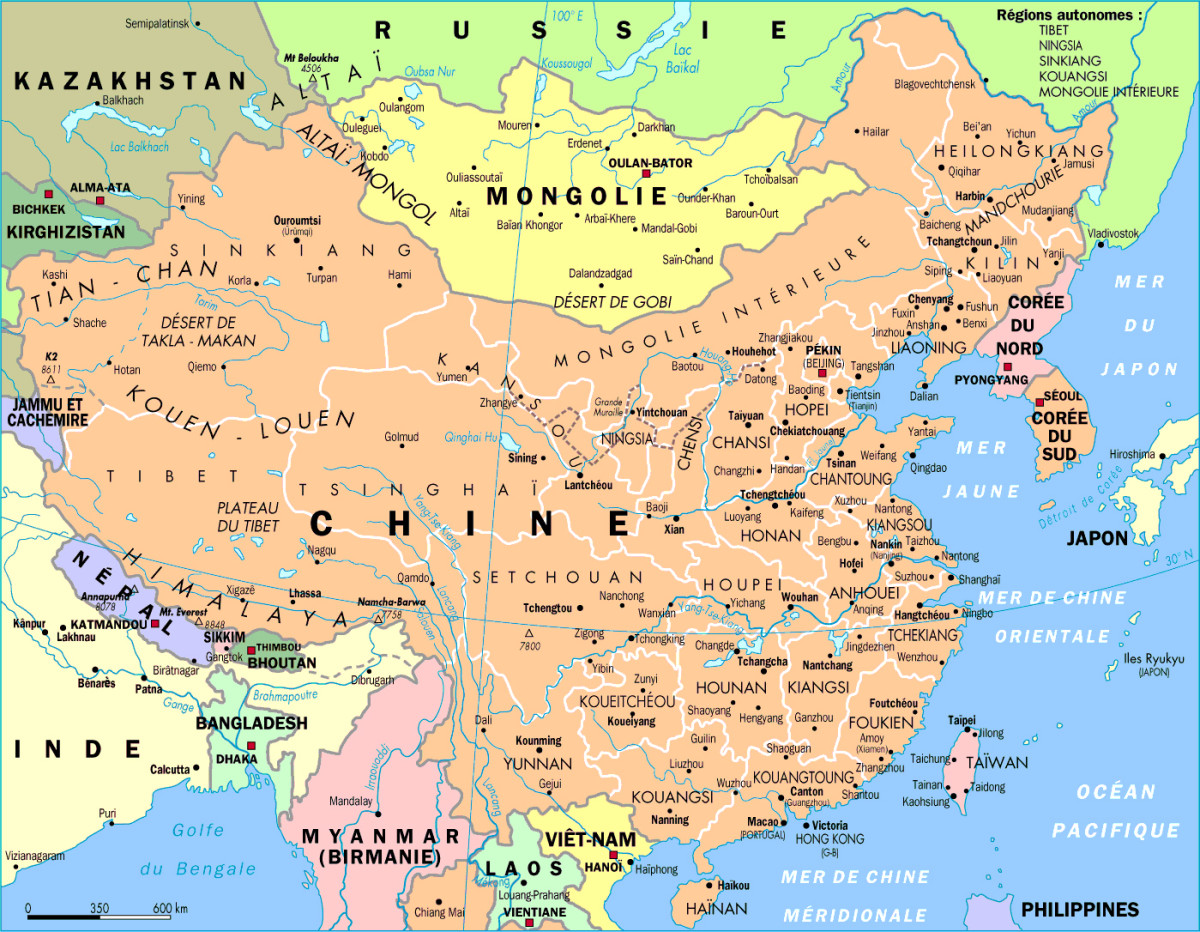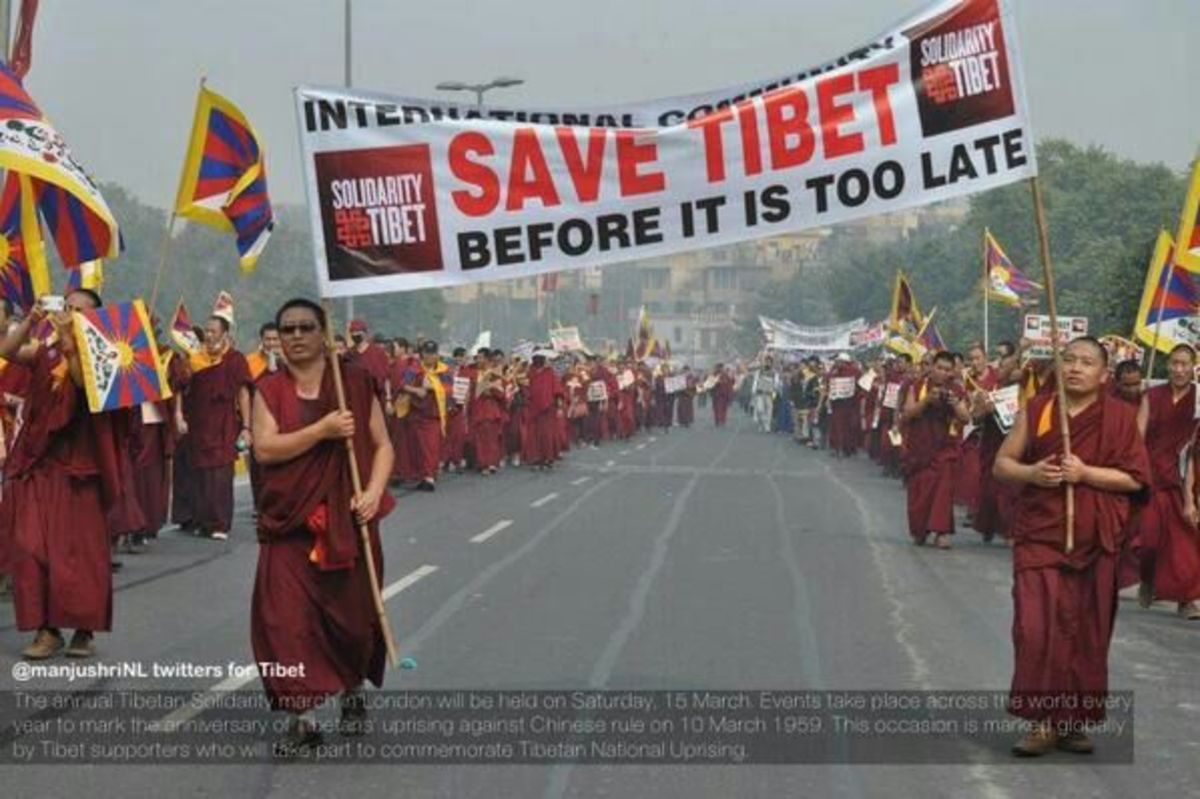The Genesis of Chinese Uighur Dispute
Xinjiang Uyghur is an autonomous region that is found in the North West of China. This region which spans over 1.6m km2 is the largest administrative division in the country. Xinjiang borders Mongolia, Russia, Kazakhstan, Afghanistan, India and Pakistan. There is plenty of oil reserve and is one of the largest producers of natural gas.
Xinjiang is populated by Turkic Uighurs, who claim that China suppresses their culture and Sunni Muslim faith with human rights abuses such as mass abortions, forced termination of marriages and Han Chinese colonization (now 40% of population) and domination. Most Uighurs seeks autonomy within China, while some support Muslim extremism and independence. Since the attacks on the US on September 11, the Chinese bureaucracy has seized on the pretext of the Bush administration’s “war on terrorism” to justify intensified repression against ethic Uighurs in Xinjiang. Beijing accused the separatist groups of having connections with Osama bin Laden’s “global terrorist network” and of receiving training in Afghanistan, to wage a “violent campaign” for an independent Eastern Turkestan.
The history of the Uighurs is so controversial in the sense that most of the things in the community including the community’s name and the spelling of the word Uighur" is hotly contested. The government of China has been recently interested with this territory which has appeared to be rich in both oil and natural gas. The government says that this part cannot whatsoever be separated from the China since it has been part of it for more than 2000 years. The government campaign on economic development in this place is aimed at rapid development of the place where it has filled the place with skyscrapers and pipelines and other developments. However, many Uighurs are of the opposing view of such a stance of the government and perceive the government and the Han people as “Colonizers” and occupiers of their territory.
Many in the Uighur community also claim that they are culturally and economically disadvantaged. In addition, they encounter widespread discrimination emanating from the massive influx of ethnic Han Chinese in that particular region. Since the extensive riots in Xinjiang in 2009 that resulted into more than 200 people being butchered in Urumqi city, the ethnic tensions have been simmering since that time. These tensions have subsequently regenerated into clashes, which have mandated the Chinese community to initiate a heavy crackdown on the community.
The Uyghurs have further claimed to be experiencing cultural and religious discrimination by their Hans Chinese counterparts. This animosity emanated from the discovery of natural gas and oil in the region. Due to these essential resources, The Hans Chinese has trooped in the region with much vigor of exploiting these resources. This invasion of people is what particularly intensified the already worsening relationship between the Uyghurs and the Hans Chinese from the conflict of religion, social as well as cultural differences. Additionally, this trooping of the Hans Chinese has resulted into not only the overuse and extraction of natural resources but also over extraction of land such a land and water. This has further regenerated into the Uyghurs to make their campaign move strong through violent moves so that they could reclaim their land to curb political and religious oppression. They have gone to the extreme to demand their own, independent Uyghur state.
The Han Chinese is a group of people who originally come from Eastern China. They are the predominant ethnic group who constitute more than 91% of the population in China. In Xinjiang province, the Han have in recent times come to be recognized as the largest minorities, constituting of more than 40% of the total population. This ethnic group is religiously and linguistically diverse whereby, the majority of them have a strong belief in Buddhism, Taosm, or Confucianism. The specific language dialects of the Han Chinese are based on geographical location and include the Wu dialect, the Mandarin, Gan dialect, Cantonese, Min dialect, and Hakkads. This population dominates many workplaces, in fact, majority of government personnel are Han. This has basically resulted into the economic disparity between the Uighur and Han since the latter has more political advantage than the former.
There are more than 30 millions Hans Chinese in this state. Though some of these people were grown up in Xinjiang, majority of them migrated from the countryside in early 1970S. The main reason of their migration was to get out of the countryside that was poor into the urban town of Uyghur, which they perceived as having a potential to sustain them.
The Chinese government by 2000 initiated what it had called “ago west policy” which pointed out that there are more interests than those of increasing growth in West China. These interests are not just about the essential natural resources but also extracting them as potential for the national economy. By doing this, China is particularly taking away the livelihood of Uyghurs and their survival means resulting into two situations, the Uyghurs being left to flounder on their own with no means of support and the community becoming increasingly dissatisfied and probably leading to an increase in the mentality of being an extremists.








